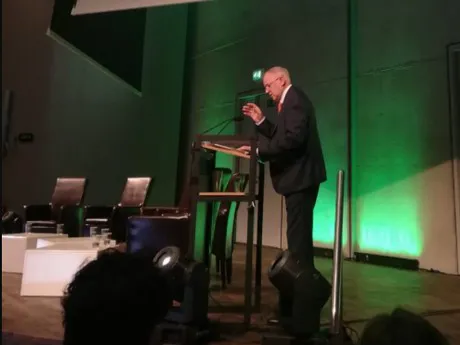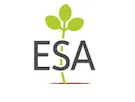Vytenis Andriukaitis, EU Commissioner for Health & Food Safety shared his enthusiasm for open discussion on the potential of gene editing during his speech at CRISPRcon, in Wageningen, The Netherlands on 20-21 June 2019. This conference, for the first time in Europe, gathered a broad selection of diverse voices to discuss the future of CRISPR and related gene editing technologies across a variety of applications in agriculture, health, conservation and more.

Andriukaitis stated that “new breeding techniques can help us tackle some profound challenges such as food security, food intolerances, or climate change. Examples include low-gluten, non-transgenic wheat has been developed through gene editing by Instituto de Agricultura Sostenible (Institute for Sustainable Agriculture), in Spain and the University of Minnesota, in the USA. This wheat could be used to produce low-gluten foodstuff.
Or potatoes with a non-browning trait and producing less asparagine have been developed through gene editing. These potatoes provide the potential for the formation of acrylamide to be reduced by 60-70% when potatoes are baked, fried or roasted at high temperatures. (This could completely ‘save’ Belgium fries) All in all, gene editing techniques can be used to improve crop resistance, herd health, food quality, diets and nutrition.”
Andriukaitis continued: “I regret that these techniques are not used to its full potential. And it’s not seen as a necessity in the same way that medical progress is. We need to ensure Europe is attractive to the scientists and researchers working on them.”
The Commissioner is also a strong supporter of science and a science-based policy. “But I am also a great believer in the power of communication to build understanding and break down barriers. The question should be how we can use CRISPR responsibly to answer some of the most challenging questions humanity faces.”

 European Seed Association
European Seed Association